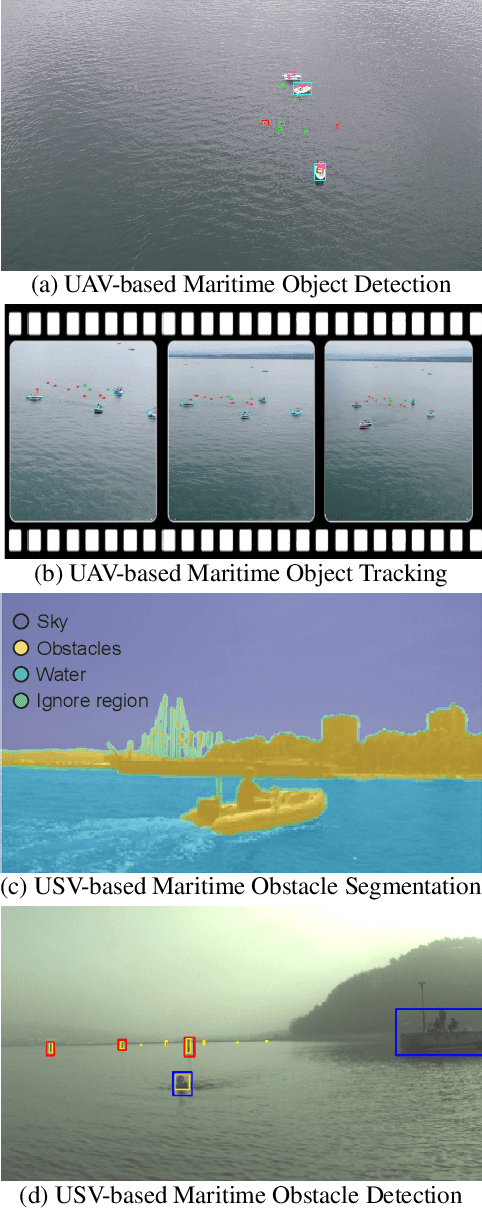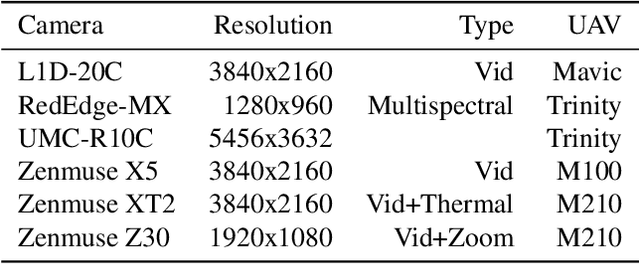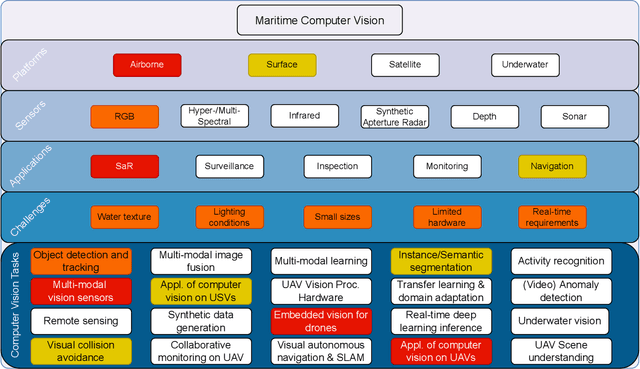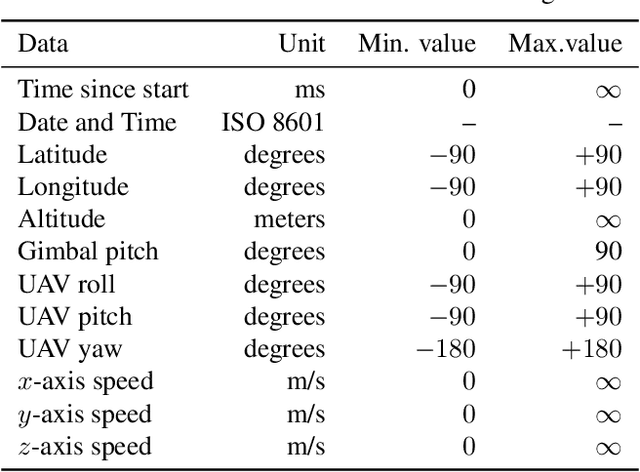Jan Lukas Augustin
Graph Structural Residuals: A Learning Approach to Diagnosis
Sep 01, 2023Abstract:Traditional model-based diagnosis relies on constructing explicit system models, a process that can be laborious and expertise-demanding. In this paper, we propose a novel framework that combines concepts of model-based diagnosis with deep graph structure learning. This data-driven approach leverages data to learn the system's underlying structure and provide dynamic observations, represented by two distinct graph adjacency matrices. Our work facilitates a seamless integration of graph structure learning with model-based diagnosis by making three main contributions: (i) redefining the constructs of system representation, observations, and faults (ii) introducing two distinct versions of a self-supervised graph structure learning model architecture and (iii) demonstrating the potential of our data-driven diagnostic method through experiments on a system of coupled oscillators.
1st Workshop on Maritime Computer Vision 2023: Challenge Results
Nov 28, 2022



Abstract:The 1$^{\text{st}}$ Workshop on Maritime Computer Vision (MaCVi) 2023 focused on maritime computer vision for Unmanned Aerial Vehicles (UAV) and Unmanned Surface Vehicle (USV), and organized several subchallenges in this domain: (i) UAV-based Maritime Object Detection, (ii) UAV-based Maritime Object Tracking, (iii) USV-based Maritime Obstacle Segmentation and (iv) USV-based Maritime Obstacle Detection. The subchallenges were based on the SeaDronesSee and MODS benchmarks. This report summarizes the main findings of the individual subchallenges and introduces a new benchmark, called SeaDronesSee Object Detection v2, which extends the previous benchmark by including more classes and footage. We provide statistical and qualitative analyses, and assess trends in the best-performing methodologies of over 130 submissions. The methods are summarized in the appendix. The datasets, evaluation code and the leaderboard are publicly available at https://seadronessee.cs.uni-tuebingen.de/macvi.
 Add to Chrome
Add to Chrome Add to Firefox
Add to Firefox Add to Edge
Add to Edge